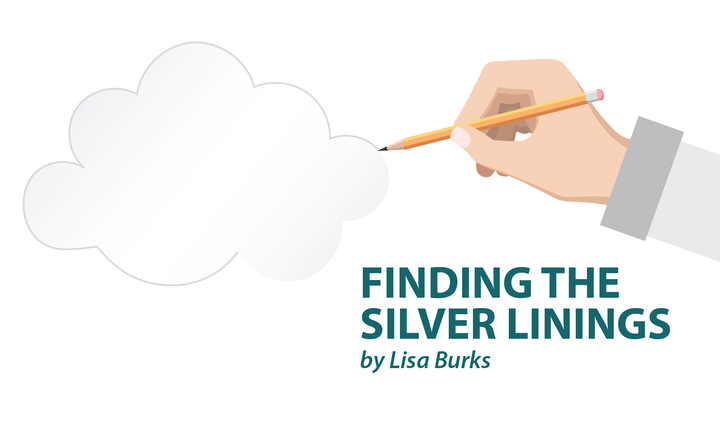Corticosteroids are typically the go-to medications to treat moderate to severe Crohn’s disease. This class of steroids mimics cortisol, a natural hormone produced by the adrenal glands. These medications are used to treat a variety of conditions that are associated with severe inflammation in the body.
Types of steroids prescribed
Just as a specific type of antibiotic medication is more efficient at treating a particular bacterial infection, different classes of corticosteroids are more effective for certain conditions.
Corticosteroids come in various forms: oral, injectables, topical, and powder/liquid for inhalation. Some types of corticosteroids are used to treat Crohn’s to calm intestinal inflammation and control disease flares.
Prednisone is the most commonly prescribed corticosteroid. This medication is used to treat a variety of conditions where inflammation is the root cause, such as asthma, arthritis, psoriasis, skin problems, severe allergies, and infections.
Glucocorticoids are a subclass of corticosteroid. Budesonide is a glucocorticoid and comes in suspension liquid, powder, and pill form. The pill form is most commonly used for mild to moderate Crohn’s disease.
Many gastrointestinal doctors use milder medications to treat Crohn’s symptoms initially before switching to more potent medications such as biologics. Budesonide comes in a powder form for inhalation and a liquid suspension for use with a nebulizer under the brand Pulmicort to treat severe asthma. I’ve been doing nebulizer treatments with Pulmicort for years, and now I take the pill form for Crohn’s.
You can take both medications together
It is safe to take prednisone and budesonide together. Prednisone and budesonide are comparable in their effectiveness in treating Crohn’s disease. They have similar side effects, including increased appetite, moon face, mood swings, water retention, easy bruising, increased risk of infections, muscle weakness, insomnia, and fatigue.
Corticosteroids such as prednisone carry a higher risk of developing more serious side effects, including osteoporosis, cataracts, diabetes, adrenal insufficiency, Cushing’s syndrome, and avascular necrosis when taken for an extended period. Mild side effects should fade following a short-term course of corticosteroids. Effects from long-term use might take longer to resolve and sometimes don’t disappear entirely.
Budesonide has been found to have a reduced risk of side effects compared to prednisone. This is because budesonide is locally acting with minimal systemic absorption, whereas prednisone is metabolized throughout the body.
Steroids saved my life but caused damage
I’ve been taking prednisone for 14 years. Initially, it was my maintenance medication, along with steroid inhalers to treat my severe asthma. I had frequent hospital admissions when my pulmonary functions were only 40 percent of predicted values. During more severe attacks and while on a ventilator, steroids kept me alive. In 2014, I was diagnosed with Crohn’s and prescribed corticosteroids to treat both my asthma and Crohn’s.
Steroids have saved my life many times, but I live with permanent damage from the serious side effects, including avascular necrosis. I’m only 34 and have needed multiple shoulder and hip replacements. I’m now dependent on steroids to manage my asthma, Crohn’s, and secondary adrenal insufficiency. Due to the long-term use of corticosteroids, my adrenal glands eventually stopped producing cortisol, so I take a small dose of steroids to compensate.
Recently, I’ve been experiencing more gastrointestinal symptoms, so my doctor decided to try budesonide in pill form in addition to Remicade (infliximab) for two months. I’ve been taking budesonide for over three weeks, and so far, I’ve noticed some improvements with no additional side effects. I’m crossing my fingers that this will help in the long term. Maybe then we can lower my prednisone dose or perhaps work on getting me off the medication entirely in the future.
Please note: Always consult your doctor before starting a new medication or changing dosages of a current one. This column is meant to be informative and does not seek to give medical advice. Also, please join the conversation in the comments below.
***
Note: IBD News Today is strictly a news and information website about the disease. It does not provide medical advice, diagnosis, or treatment. This content is not intended to be a substitute for professional medical advice, diagnosis, or treatment. Always seek the advice of your physician or other qualified health providers with any questions you may have regarding a medical condition. Never disregard professional medical advice or delay in seeking it because of something you have read on this website. The opinions expressed in this column are not those of IBD News Today, or its parent company, BioNews Services, and are intended to spark discussion about issues pertaining to IBD.

